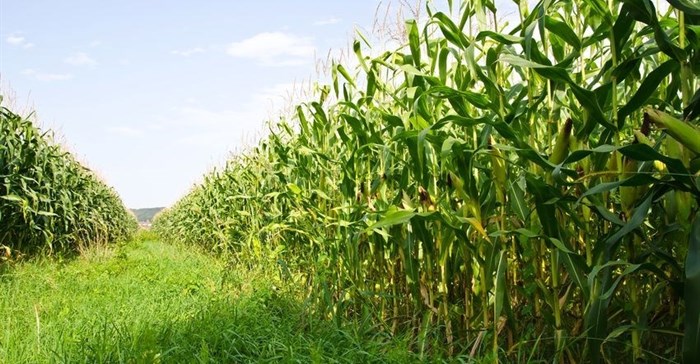Monsanto commits to agriculture in Africa

Monsanto’s commitment comes against the wider background of its global progress, as summarised in its most recent sustainability report: Growing Better Together.
It emphasises three salient perspectives, says CEO, Kobus Steenekamp:
• People: Help making balanced meals available for more people, thus improving the lives of farmers, employees and consumers.
• Planet: Pursuing agricultural solutions that help mitigate climate change, ensure access to fresh water, preserve biodiversity and improve soil health.
• Company: A commitment to high ethical standards, effective corporate governance, responsible product stewardship and transparent reporting.
Progress made against stated goals
Growing Better Together points to progress against stated goals, and underlines how much has already been achieved while realising that much more is needed, says Steenekamp.
Some of the highlights are:
• Reducing greenhouse gas emissions from crop production by 22 percent by 2020, reaching 73 percent of that goal so far.
• Increasing irrigation water application efficiency across the company’s global seed production operation by 25 percent by 2020, attaining 35 percent of that goal already.
• Helping farmers use nutrients more efficiently to curb greenhouse gas emissions on one million acres in the United States by 2020, already reaching 20 percent of that goal.
There has been substantial progress, too, in various other fields, like improving harvests by doubling yields in several crops and conserving resources by helping farmers use one-third fewer key resources per unit of output to grow crops.
There is also a recent commitment to a carbon neutral footprint and to advance carbon neutral cropping systems. Says Steenekamp: “Our efforts are aligned with the United Nations Sustainable Development Goals as adopted in September of last year.”